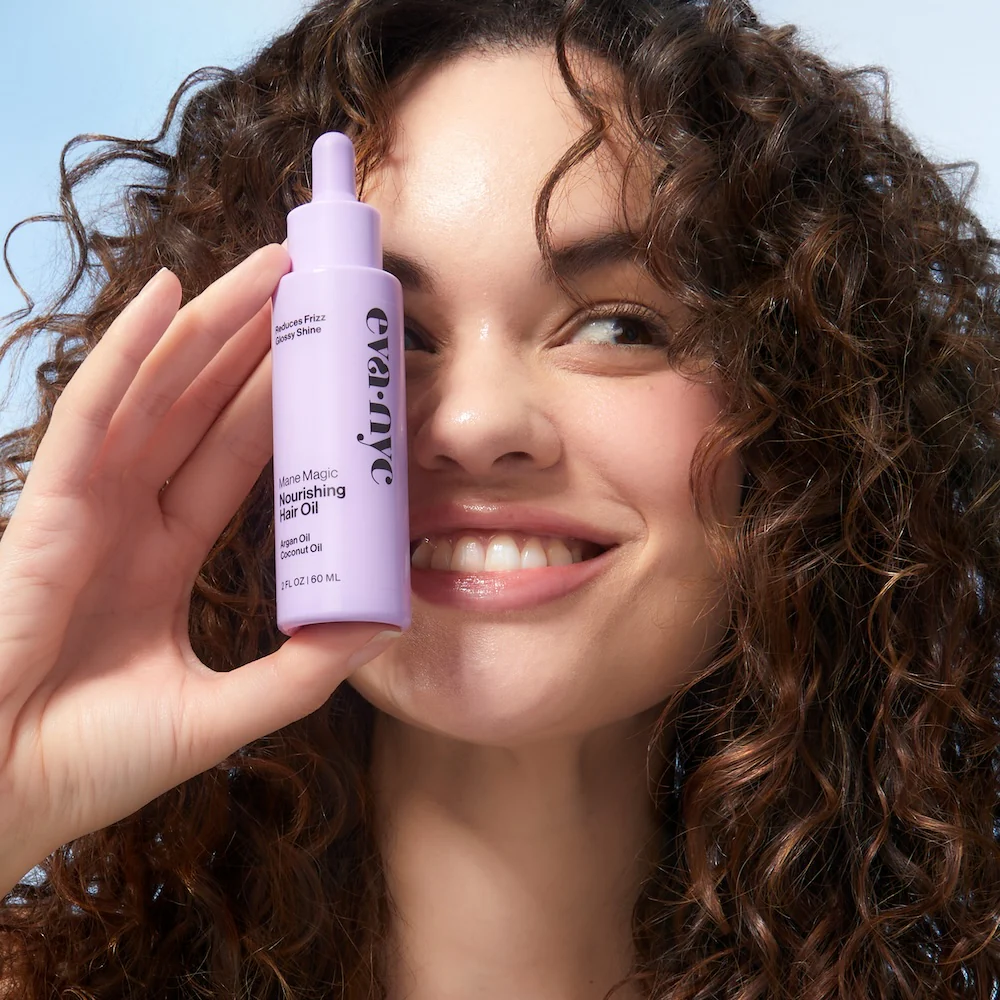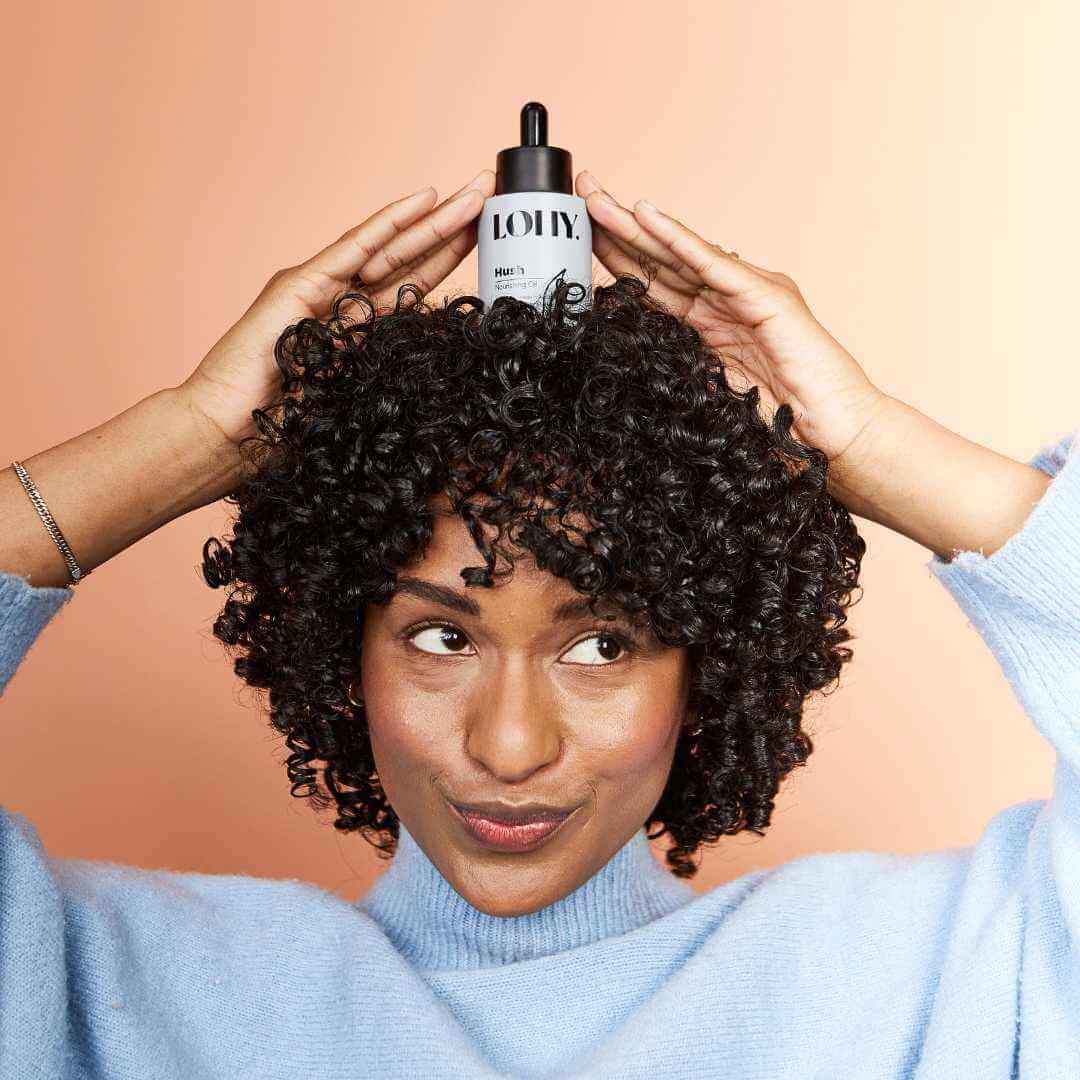
Short and Sweet: The Power of Hair Oil for Healthy, Luscious Locks
The Ultimate Guide to Hair Oil: Nourish, Strengthen, and Revitalize Your Locks
Hair oil has become an essential part of many hair care routines. This versatile product offers numerous benefits for various hair types and concerns. From ancient traditions to modern formulations, hair oils have stood the test of time. They provide nourishment, strength, and shine to hair. Understanding the right application and choice of oil can transform your hair care regimen. Discover the power of hair oil and unlock the potential of your locks.
Understanding Hair Oil: Types and Benefits
Hair oils come in many varieties, each with unique properties. Common types include coconut, argan, jojoba, and castor oil. Coconut oil penetrates the hair shaft, reducing protein loss. Argan oil, rich in vitamin E, adds shine and tames frizz. Jojoba oil closely mimics the scalp’s natural sebum. Castor oil promotes hair growth and thickness. Some oils blend multiple ingredients for comprehensive benefits. Natural oils offer chemical-free alternatives to synthetic hair products. They can address issues like dryness, breakage, and scalp health. Regular use of hair oil can lead to stronger, healthier, and more manageable hair.

Choosing the Right Hair Oil for Your Hair Type
Selecting the appropriate hair oil depends on your hair type and concerns. Fine hair benefits from lightweight oils like argan or grapeseed. Thick, coarse hair responds well to heavier oils such as coconut or avocado. Dry, damaged hair needs deeply nourishing oils like olive or marula. Oily scalps can use clarifying oils like tea tree or lemon. Curly hair often requires rich, moisturizing oils like shea or almond. Consider your hair’s porosity when choosing an oil. Low porosity hair needs lighter oils that won’t build up. High porosity hair can absorb heavier oils more effectively. Experiment with different oils to find the perfect match for your hair.
Proper Application Techniques for Hair Oil
Applying hair oil correctly maximizes its benefits. Start with clean, damp hair for better absorption. Use a small amount of oil to avoid greasy buildup. Warm the oil between your palms before application. Focus on the mid-lengths and ends of your hair. Avoid applying oil directly to the scalp unless treating scalp issues. Use a wide-tooth comb to distribute the oil evenly. For deep treatments, apply oil to dry hair and leave overnight. Wrap your hair in a warm towel to enhance oil penetration. Adjust the amount of oil based on your hair’s length and thickness. Regular application yields the best results for most hair types.
Incorporating Hair Oil into Your Hair Care Routine
Hair oil can enhance various aspects of your hair care regimen. Use it as a pre-shampoo treatment to protect hair during washing. Add a few drops to your conditioner for extra moisture. Apply oil to damp hair before styling to control frizz. Use it as a finishing product for shine and smoothness. Incorporate oil into your weekly deep conditioning routine. Massage oil into your scalp to promote hair growth. Use it to tame flyaways and split ends between trims. Apply oil before heat styling to protect against damage. Experiment with different application methods to find what works best. Consistency is key in seeing long-term benefits from hair oil use.

Common Myths and Misconceptions About Hair Oil
Despite its benefits, hair oils faces several misconceptions. Many believe oil always makes hair greasy. In reality, proper application prevents this issue. Some think oil weighs hair down. Lightweight oils can actually add volume to fine hair. A common myth suggests oil causes scalp acne. Most natural oils are non-comedogenic and can improve scalp health. Some believe oils is only for dry or damaged hair. All hair types can benefit from the right oils. Another misconception is that oil replaces conditioner. They serve different purposes and work best together. Some think daily oil application is necessary. Frequency depends on individual hair needs. Understanding these myths helps in properly utilizing hair oil.
Advanced Hair Oil Techniques and Treatments
Beyond basic application, hair oils offer opportunities for advanced treatments. Hot oil treatments provide deep nourishment for very dry hair. Mix oils for customized blends targeting specific hair concerns. Use oil for scalp massages to stimulate blood flow and promote growth. Create hair masks by combining oil with ingredients like honey or avocado. Apply oils to hair ends daily to prevent splitting and breakage. Use oils as a natural heat protectant before styling. Experiment with oil-based hair rinses for extra shine. Try the baggy method, wrapping oiled hair in a plastic cap for deep penetration. Use oil to enhance and define curls in textured hairs. Incorporate essential oils for added benefits and pleasant scents.
Hair Oil for Different Hair Textures and Styles
Hair oils benefit vary across different hair textures and styles. Straight hair can use lightweight oils for shine without weighing it down. Wavy hair benefits from oils that enhance natural texture. Curly hair often requires heavier oils for moisture and definition. Coily or kinky hair textures need rich, deeply penetrating oils. Color-treated hair can use oils to maintain vibrancy and health. Bleached hair benefits from extra nourishing and repairing oils. Short hairstyles can use oil sparingly for control and shine. Long hair often requires more oils, focusing on the ends. Braided or protective styles benefit from regular scalp and hair oiling. Experiment with different oils and amounts for each hair type and style.

Seasonal Adjustments in Hair Oil Usage
Hair needs change with the seasons, requiring adjustments in oils usage. Summer calls for lighter oils to prevent heaviness in humidity. Winter often demands richer oils to combat dryness and static. Spring and fall serve as transitional periods for oil application. Increase oil use during dry, cold months for extra protection. Reduce oil in hot, humid weather to prevent excess oiliness. Consider using different oils for different seasons. Lighter oils like grapeseed work well in summer. Heavier oils like coconut are ideal for winter protection. Adjust application frequency based on seasonal hair needs. Pay attention to how your hair responds to changing weather conditions.
DIY Hair Oil Blends and Recipes
Creating custom hair oils blend allows for personalized hair care. Mix carrier oils like coconut and jojoba for a balanced treatment. Add essential oils for fragrance and additional benefits. Rosemary oils stimulates hair growth when added to carrier oils. Lavender oil soothes the scalp and promotes relaxation. Create a growth-boosting blend with castor and peppermint oils. Mix argan and almond oils for a shine-enhancing treatment. Combine coconut oil and honey for a deeply moisturizing mask. Infuse oils with herbs like chamomile or nettle for added properties. Experiment with different ratios to find your perfect blend. Store homemade oil blends in dark glass bottles for best preservation.
Hair Oil in Professional Hair Care
Professional hairstylists often incorporate hair oils into their services. Many salons offer oil treatments as part of their service menu. Stylists use oils in cutting to improve hair manageability. Oils treatments before coloring can protect hair and enhance color results. Post-color oil applications help seal the cuticle and add shine. Keratin treatments often involve oils for added smoothness and longevity. Barbers use oils to soften and condition beard hair. Some salons create signature oil blends for unique treatments. Professional-grade oils may offer more concentrated benefits. Consult with a stylist for personalized oil recommendations and treatments.
The Science Behind Hair Oil Efficacy
Scientific research supports the benefits of various hair oils. Studies show coconut oil’s ability to penetrate the hair shaft. Research indicates argan oil’s effectiveness in reducing breakage and split ends. Jojoba oil’s similarity to sebum makes it effective for scalp health. Studies on castor oils reveal its potential for promoting hairs growth. The molecular structure of different oils affects their absorption rate. Fatty acid composition determines an oil’s moisturizing properties. Antioxidants in oils protect hair from environmental damage. Some oils have antimicrobial properties beneficial for scalp health. Understanding the science helps in choosing the most effective oils. Ongoing research continues to uncover new benefits of hair oils.

Addressing Common Hair Concerns with Oil
Hair oils can address various common hair issues effectively. For dry hair, oils like avocado and olive provide deep hydration. Oils with protein, like coconut, help strengthen weak or damaged hair. Tea tree and neem oils combat dandruff and scalp irritation. Argan and marula oils tame frizz and add shine to dull hair. Castor and rosemary oils may help with hair thinning concerns. Jojoba oil balances scalp oil production, benefiting both dry and oily scalps. Grapeseed oils offers light moisture for fine, limp hair. Almond oil nourishes and softens coarse, unruly hairs. Regular oils use can improve overall hair health and appearance. Consult a professional for persistent hairs concerns not resolved with oil use.
Sustainability and Ethical Considerations in Hair Oil Production
The growing popularity of hair oils raises sustainability concerns. Sustainable sourcing of oils becomes increasingly important. Fair trade practices ensure ethical production of popular oils. Organic certification guarantees oils free from harmful pesticides. Some companies focus on using locally sourced ingredients. Packaging plays a role in the environmental impact of hair oils. Glass bottles and recyclable materials reduce environmental footprint. Some brands offer refill options to minimize waste. Consumers can research brands’ sustainability practices before purchasing. Supporting ethical and sustainable oil production benefits communities and the environment. The hair’s oil industry continues to evolve towards more sustainable practices.
Conclusion
The future of hair’s oil looks promising in the hair care industry. Ongoing research may uncover new beneficial oils and properties. Advanced extraction methods could enhance oil efficacy. Customized oil blends based on individual hair analysis may emerge. Smart technology could optimize oil application and absorption. Sustainable and eco-friendly oil production will likely increase. New formulations may combine oils with cutting-edge hair care technology. The trend towards natural products suggests continued popularity of hair oils. Global influences may introduce new oils to mainstream markets. Hair oils may play a larger role in professional hair treatments. The versatility and effectiveness of oils ensure their place in future hair care routines.

